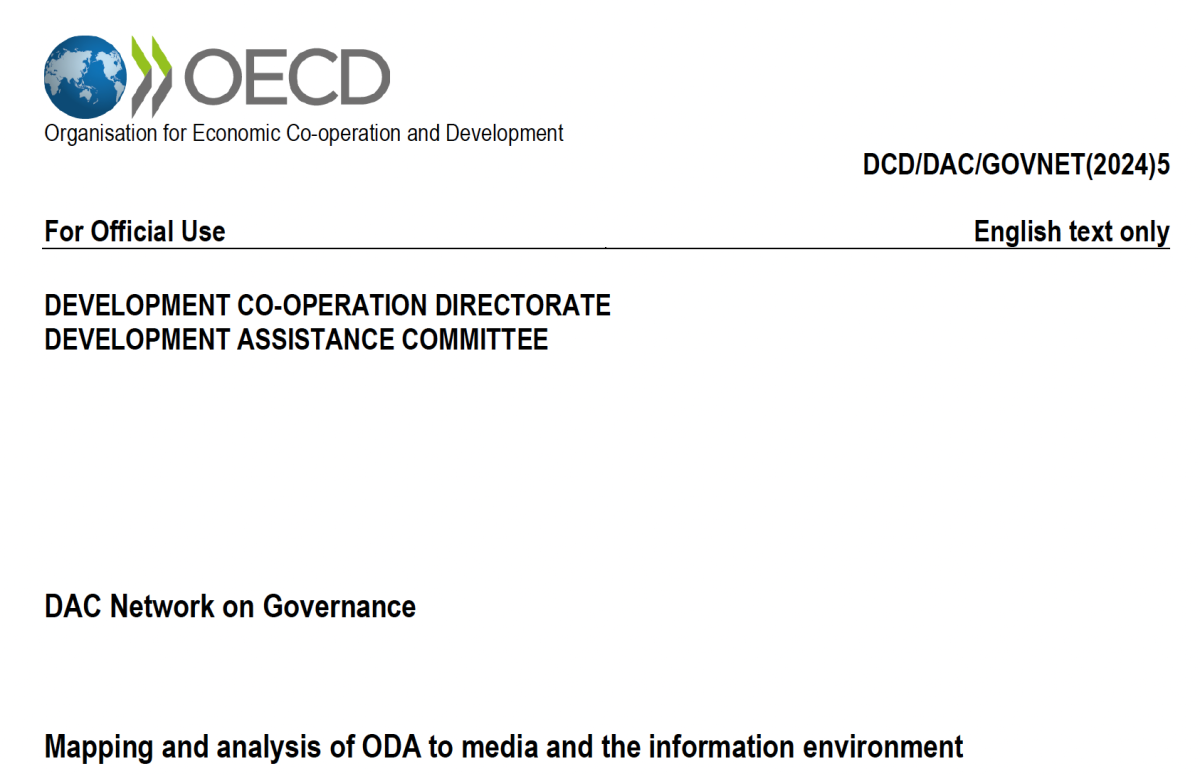
COP27 makes some progress but political alignment is inadequate
In this second blog of 21 November 2022, Sam Bickersteth, climate change expert at The Policy Practice, reflects on what has been achieved at the 27th UN conference on climate change, and the political economy barriers to saving our planet by reducing emissions.
COP27 has come to an end in Sharm El Sheikh. It delivered a significant agreement for poor countries facing loss and damage from climate change. After decades of asking, vulnerable small island states can celebrate the establishment of an international fund for loss and damage. The EU and Australia have indicated that they might contribute, but as yet no funds have been allocated and the rules for its use and disbursement have to be established. This agreement is significant not only in the potential transfer of funds from emitters to compensate for permanent losses due to climate change but also in its acknowledgement of the global collective failure to mitigate emissions and the limits to adaptation.
But while Egypt, the African host of COP27, succeeded in delivering a mechanism that may help those on the front line of climate impact, it failed to make progress in reducing emissions. Indeed it reversed some of the decisions made at COP26 in Glasgow by inserting a clause that supported “low emission” energy - effectively a reference to continuing exploitation of natural gas. India, backed by the EU, had sought to extend the phase down of coal to all fossil fuels but this was dropped after opposition from Saudi Arabia and developing countries seeking to develop their oil and gas reserves.
Jim Skea, from the Intergovernmental Panel on Climate Change, highlighted the dramatic cost reduction of wind and solar generation as well as potential of emission reductions in agriculture, land use and forestry, including better soil management and ecosystem restoration. “We know how to do this,” said Skea. “It’s as if we’ve laid out all our tools on the tool bench but have yet to pick them up.”
Others point out the opportunity for an accelerated transition to solar and other renewables in the current context. Further, there is a risk of building stranded assets such as gas infrastructure warned Carbon Tracker. By 2030, it projects that it will be cheaper, across Africa, to generate electricity with new solar than run existing gas plants thereby creating financial instability for gas producers like Nigeria, Algeria and Egypt. Better news emerged on addressing the challenge of the just transition with the $20 billon G20 pledge to Indonesia’s Just Energy Transition Partnership as a means to exit from coal fired energy production based on the South African model.
Behind the headlines of loss and damage, limited progress on climate finance, and the backsliding on fossil fuel phase out, there was a more positive sense that this was a COP of implementation as intended. Food and health got better attention than before, offering solutions to tackle climate threats to both. Biodiversity, gender, culture and the arts are better interwoven into climate impacts and response, as the Resilience Hub demonstrated.
COP27 emphasized the need for a blend of public and private finance to address climate change. Multiple side events at the COP shared innovations such as performance based financing, measures to address climate impact related debt and integration of resilience into microfinance. Metrics are being developed that can track and assess credible progress of net zero pledges by both countries and companies. For example ISO, the international body that represents 167 national standards bodies has produced guidelines on net zero which may assist in the drive for transparency, avoid greenwashing and ensure offsetting, removals and emissions reductions targets are met.
So was the loss and damage deal no more than a sticking plaster on the growing sore of rising emissions? With emissions at a record high, limiting global heating to 1.5C is scarcely now credible. This paves the way to immense losses and damages. Manuel Pulgar-Vidal, Chair of COP20 in Lima, warned that the loss and damage fund could become a “fund for the end of the world” if countries don’t move faster to slash emissions and limit warming to below 1.5°C.
Expectations of the Egyptian COP Presidency were always modest after the high of COP26 in Glasgow at which the Paris Rulebook had been agreed and raft of initiatives were launched. The context for COP26 hosted by the UK, with its ambitious net zero targets, flourishing renewable energy industry and active civil society and media, could hardly have been more different. Egypt, with a strong economic reliance on oil and gas exports and autocratic governance, was more likely to maintain its status quo and focus on the adaptation and loss and damage agendas, in line with others in Africa. The inclusion of large numbers of oil and gas executives at the COP was a sign of lowered ambition on mitigation. It is the greenwashing corporations, petro-states and big emerging emitters like China, Iran, Russia and Saudi Arabia who appear to have won out at COP27.
Hosting a COP has historically provided a domestic boost for ambition and action on climate change. COP Presidents have often enacted national policies and legislation towards a green transition to demonstrate their credibility, as COPs in UK, France, Peru, Mexico and elsewhere have shown. But COP27 has demonstrated that the Presidency’s political economy can also be a drag on ambition. International geo-politics has also played a significant hand in the outcome of COP27. The shadow of the Ukraine war and its impact on energy supplies opened the opportunity for the revived dash for gas promoted by major energy producing countries. There were few announcements from the two biggest emitters, US and China, who started to talk again specifically around methane emissions after Presidents Biden and Xie met at the G20.
COP28 remains in the region with the United Arab Emirates, a member of OPEC, hosting COP28 in 2023. As climate change impacts and costs continue to escalate, what will it take to convince UAE’s leaders to rise above national and regional short term political and economic interests to put ambition back on track?
Political economy analysis for climate action - new course launched starting October 2024
The Policy Practice is delighted to be re-running the popular online course on Political Economy Analysis for Climate Action. This course explains how political economy analysis can be used to understand the challenge of action on climate change and to design more effective interventions. The course will consist of eight, 2-hour online sessions from 4 October to 12 November 2024. For more information and to register please click below or see our flyer here.
The political economy of energy transitions in Ghana, Zambia and Vietnam - Policy Brief 17
Written by Sam Bickersteth with Neil McCulloch and Meron Tesfamichael, this policy brief draws out some of the common constraints hindering the energy transition in Ghana, Zambia, and Vietnam and many other countries in the Global South. It also shows how political economy analysis can help to identify politically feasible pathways of change in each country demonstrating the importance of such analysis as an essential tool to understand energy transition.
Media support: aid funding does not match donor rhetoric
Laure-Hélène Piron (TPP Director) presented her analysis of official development assistance to media and the information environment to the Governance Network of the OECD Development Assistance Committee on 6 March 2024.
The draft report shows that the rhetoric of governments which support freedom of expression and condemn disinformation is not matched by sufficient funding. And too little directly goes to local media organisations.



